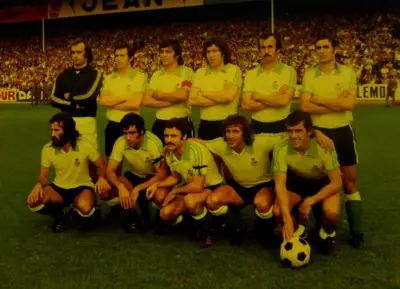
European football stands at a precipice, with UEFA facing what many are calling its final opportunity to prevent a fundamental and irreversible shift in the sport's landscape. The genie is threatening to escape the bottle: the controversial practice of staging domestic league matches on foreign soil.
The issue has catapulted to the forefront following a landmark ruling by a New York court. The decision has sent shockwaves through the football world, effectively challenging UEFA's and FIFA's long-held authority to block such moves. This legal development has emboldened several elite clubs and leagues, who see lucrative overseas fixtures as the next frontier in commercial growth.
A Looming Commercial Revolution
For years, the concept of a '39th game' or taking marquee domestic fixtures like El Clásico or a Premier League derby to cities like New York, Riyadh, or Singapore has been discussed in boardrooms. Proponents argue it is a inevitable evolution—a way to grow global fanbases and tap into new, wealthy markets. The financial incentives are undeniably colossal.
However, critics warn of a dangerous precedent that prioritises foreign spectators over loyal, local match-going fans. The move is seen as the ultimate expression of commercialisation, potentially undermining the integrity of domestic competitions and disenfranchising the core supporter base that has sustained clubs for generations.
UEFA's Last Line of Defence
UEFA now finds itself in a delicate and powerful position. Its arguments against the practice are multifaceted, centred on:
- Sporting Integrity: The fundamental principle that a league competition should be played within its national territory.
- Fan Culture: Protecting the access and traditions of local supporters who are the lifeblood of the game.
- Precedent: Fears that allowing one league to do it would create an unstoppable domino effect.
The governing body's ability to enforce its rules is now under direct legal threat. Its next steps will be scrutinised like never before, as it attempts to keep the genie firmly in its bottle.
What Happens Next?
The football world watches and waits. If UEFA fails, we could witness a radical transformation of the football calendar within seasons. The battle is no longer a theoretical debate but a concrete legal and ideological clash that will define the future of football fandom, commercialism, and the very soul of the domestic game.





